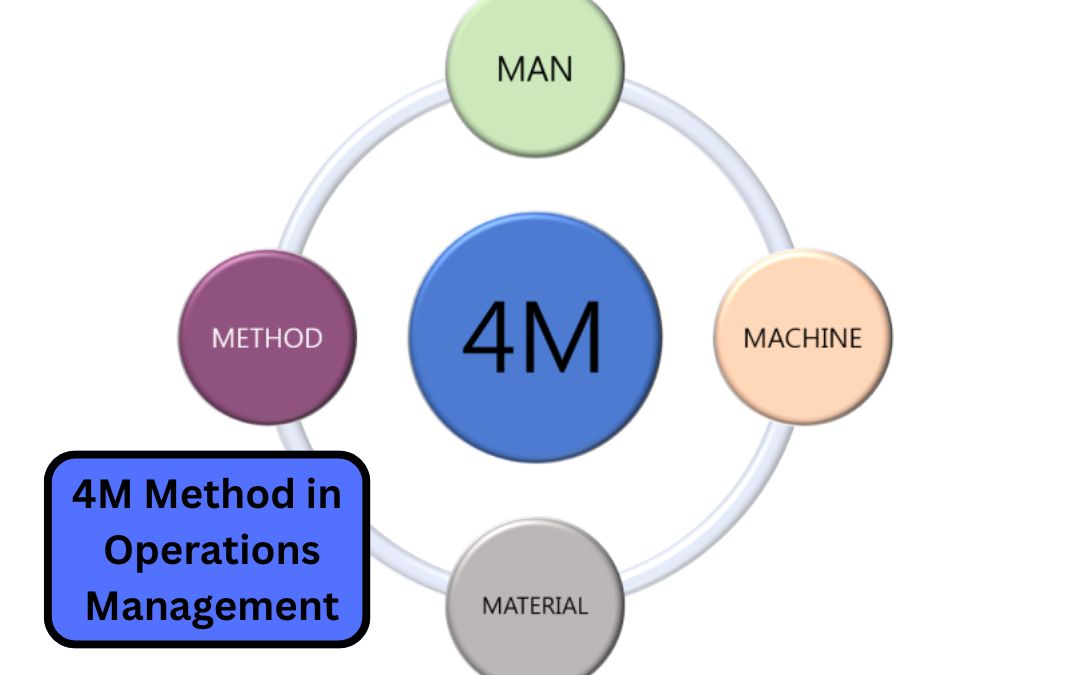In today’s fast-moving business world, companies need someone who can keep everything running smoothly behind the scenes—someone who doesn’t just manage operations but improves them. That’s exactly what a Director of Operations does.
If you’ve got a head for strategy, a knack for solving problems, and the drive to lead people, this role might be your perfect fit. Let’s dive into what this position really involves, the skills you need, how to get there, and what kind of future it can offer.
What Does a Director of Operations Actually Do?
The Director of Operations is a senior leader who oversees the daily workings of a company. They often report directly to the Chief Operating Officer (COO) or even the CEO in smaller organizations.
This isn’t a “watch-and-wait” job. Directors of Operations actively:
- Analyze how the company is running
- Identify weak spots in departments or systems
- Work with department heads to fix inefficiencies
- Set long-term goals for growth and performance
- Help shape the company’s strategy for hiring, promotions, and team development
Think of them as the architect behind the engine of the business—they’re making sure all the parts are running in sync.
Key Responsibilities
A Director of Operations handles many important tasks. Some of their core responsibilities include:
- Monitoring performance: Reviewing financial reports, key performance indicators (KPIs), and budgets
- Improving systems: Streamlining processes across departments like HR, finance, logistics, or customer service
- Strategic planning: Collaborating with upper management to set long-term business plans
- Evaluating support teams: Ensuring departments like IT, procurement, and customer service perform efficiently
- HR collaboration: Setting hiring and evaluation standards, defining promotion guidelines, and helping build high-performing teams
This role blends strategic thinking, team leadership, and business optimization.
What Skills Do You Need?
To succeed as a Director of Operations, you need a strong combination of soft skills (people-focused) and technical skills (data and systems-focused).
Soft Skills
- Communication: You need to clearly explain decisions and expectations to both executives and staff.
- Leadership: Motivating and managing diverse teams is essential.
- Problem-Solving: Finding smart solutions to operational challenges is a daily task.
- Decision-Making: You’ll often have to make tough calls using data and team input.
- Collaboration: You’ll work closely with almost every department.
Technical Skills
- Business Intelligence Tools: You must be comfortable using software to analyze performance.
- Data Analysis: Spotting patterns in large data sets can reveal where the business can improve.
- Process Management: Understanding how to map and improve workflows is critical.
- Financial Acumen: Budgeting and forecasting are regular parts of the role.
- Technology Literacy: A good grasp of tech systems (e.g., ERP software) helps streamline operations.
What Are the Requirements?
The role of Director of Operations is senior and competitive. Most companies look for the following:
Education
- Minimum: Bachelor’s degree in Business Administration, Finance, Management, or a related field
- Preferred: MBA (Master of Business Administration), especially in larger organizations
Experience
- 10+ years in business or operations roles
- Proven leadership experience in senior or supervisory positions
- Background in managing budgets, improving performance, and leading cross-functional teams
You can build your path by starting in team leadership roles like sales manager, operations supervisor, or project coordinator, and gradually moving up.
Industry Certifications That Boost Your Value
Certifications add credibility and keep your knowledge fresh. Here are a few worth pursuing:
- CPIM (Certified in Production and Inventory Management) – Covers supply chain fundamentals, inventory control, and operations planning
- CSCP (Certified Supply Chain Professional) – Focuses on broader supply chain strategy, logistics, and global operations
- Lean Six Sigma Certification – Valuable for process improvement and waste reduction
- PMP (Project Management Professional) – Useful for managing projects efficiently and cross-functional leadership
These credentials can be especially helpful when applying to global firms or competitive industries like manufacturing, logistics, or tech.
Sample Job Description: What Companies Are Looking For
Company: Highway Financial
Position: Director of Operations
Key Expectations:
- Oversee budgeting, staff performance, and long-term planning
- Lead with strong analytical and leadership skills
- Improve department coordination and operational efficiency
- Conduct team evaluations and implement new growth strategies
- Preferred: MBA and recent experience in manufacturing or logistics
Salary and Career Outlook
According to recent data, the average salary for a Director of Operations in the U.S. is $106,896 per year, though this can increase significantly with experience, company size, and location.
Job Growth
The U.S. Bureau of Labor Statistics projects 6% growth in executive-level roles—including Directors of Operations—between 2023 and 2033. That’s around 343,800 job openings per year.
This makes it a stable and future-ready career path, especially as companies prioritize efficiency and digital transformation.
Frequently Asked Questions
1. Do I need an MBA to become a Director of Operations?
No, but it’s often preferred—especially by large organizations. However, solid experience and leadership skills can outweigh the lack of an advanced degree.
2. How many years of experience do I need?
Most Directors of Operations have 10 or more years of experience, often built through leadership roles in operations, logistics, or finance.
3. Can I switch to operations from a different background?
Yes! Many professionals transition from project management, finance, sales, or HR into operations by learning key skills and earning certifications.
Final Thoughts
The Director of Operations is a vital position, combining strategy, leadership, and execution. It’s not just about managing what exists but improving what could be. You’ll need a sharp mind, a collaborative spirit, and the drive to lead change.
If you’re passionate about solving real business problems and making companies more efficient, this is a career worth pursuing. Start building your skills, expand your network, and be ready to take the reins.












